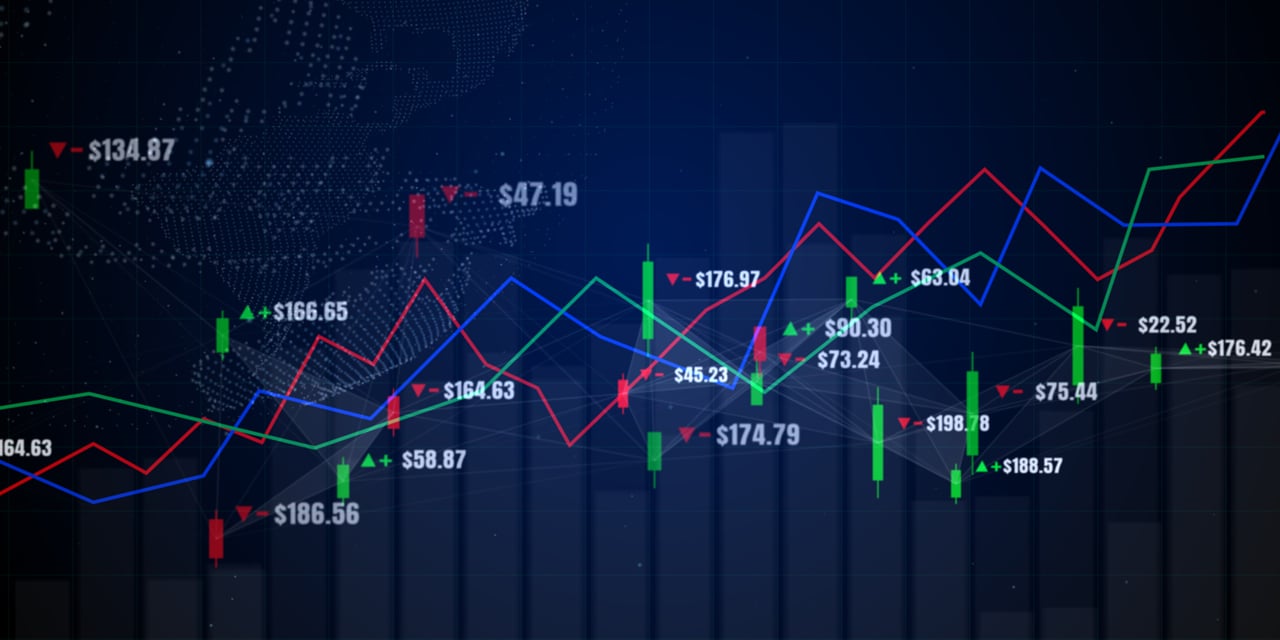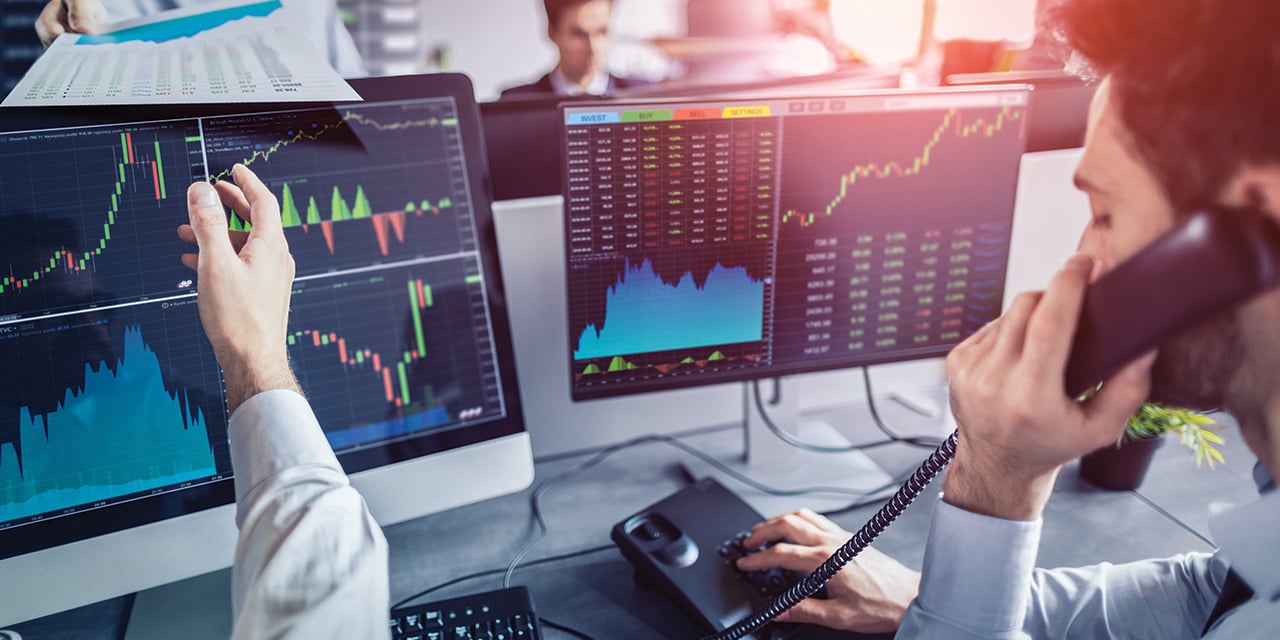
Building Portfolios for Volatile Times
Many of our investing clients are concerned about volatility in the stock market, and they have good reason to be. Even as the indexes reach new highs, there are so many days where the S&P 500 index lurches up and down that investors get nervous – and turn to us for guidance. With the domestic policy sands frequently shifting, seemingly omnipresent geopolitical uncertainty, and a 24/7 news cycle that keeps scary headlines front and center, we expect volatility in the markets to continue.
The most important thing to keep in mind, if you are invested with a long-term time frame, is not to get spooked. If you have that type of time horizon, you should see a market that’s rising over the long haul and not get concerned about immediate volatility. If you get scared and leave the market during difficult times, it’s very likely that you’ll miss out on gains.
In fact, it’s most often the hardest time to be invested – near market bottoms – that investors start to see outsized returns. Over the last three decades, the market has fallen more than 10% a plethora of times, occasionally falling into bear market territory. These were scary times to be invested. But despite the fear associated with those selloffs, the market was up double-digits (on average) just thirty days out from the bottom. Fear-based selling during a crash locks in losses and prohibits investors from participating in the often-robust rebounds that succeed them. Having the right mindset helps investors see through the short-term pain to the longer-term reward.
Beyond that long-term mind-set, there are other investment strategies that help during volatile times as well. Active management can make a lot more sense for people in a volatile environment. When the S&P 500 is offering solid, steady returns, passive investing is very useful. But when there is more volatility in the market - or even a downturn - active managers can really protect on the downside, limiting your losses.
Fixed-income investing is another area that can often provide a shield against volatility, providing a kind of insurance in a portfolio since they are less volatile than stocks. But given the current very low interest rate environment, many investors are finding that bonds do not offer the types of returns they seek. Instead, we have seen people gravitate toward more dividend-paying equities, where they can get both income and return.
For purposes of diversification, which can provide a cushion in times of volatility, some people look toward alternative asset classes. Private real estate can serve this purpose, as well as private equity, which seems to be a category that most investors readily understand, since it’s about owning businesses. Hedge funds, on the other hand, tend to be expensive for a level of performance that is not usually exceptional, so they're not really on our radar.
Even more so than asset classes, continuity is the key to riding out difficult times. We spend a lot of upfront time selecting and getting to know asset managers; if we pick a manager we trust at the beginning of the process, we feel comfortable in not making changes when the market starts to churn. Even good managers will underperform sometimes, but we have confidence that over the long haul they will provide solid returns.
When the choppy times inevitably arrive, that kind of confidence makes it easier for you to survive them. For more information on what you can do to safeguard your investments through volatile markets, talk to your Baird Financial Advisor.
Editor’s Note: This article was originally published December 2019 and was updated March 2022 with more current information.
The information offered is provided to you for informational purposes only. Robert W. Baird & Co. Incorporated is not a legal or tax services provider and you are strongly encouraged to seek the advice of the appropriate professional advisors before taking any action. The information reflected on this page are Baird expert opinions today and are subject to change. The information provided here has not taken into consideration the investment goals or needs of any specific investor and investors should not make any investment decisions based solely on this information. Past performance is not a guarantee of future results. All investments have some level of risk, and investors have different time horizons, goals and risk tolerances, so speak to your Baird Financial Advisor before taking action.


